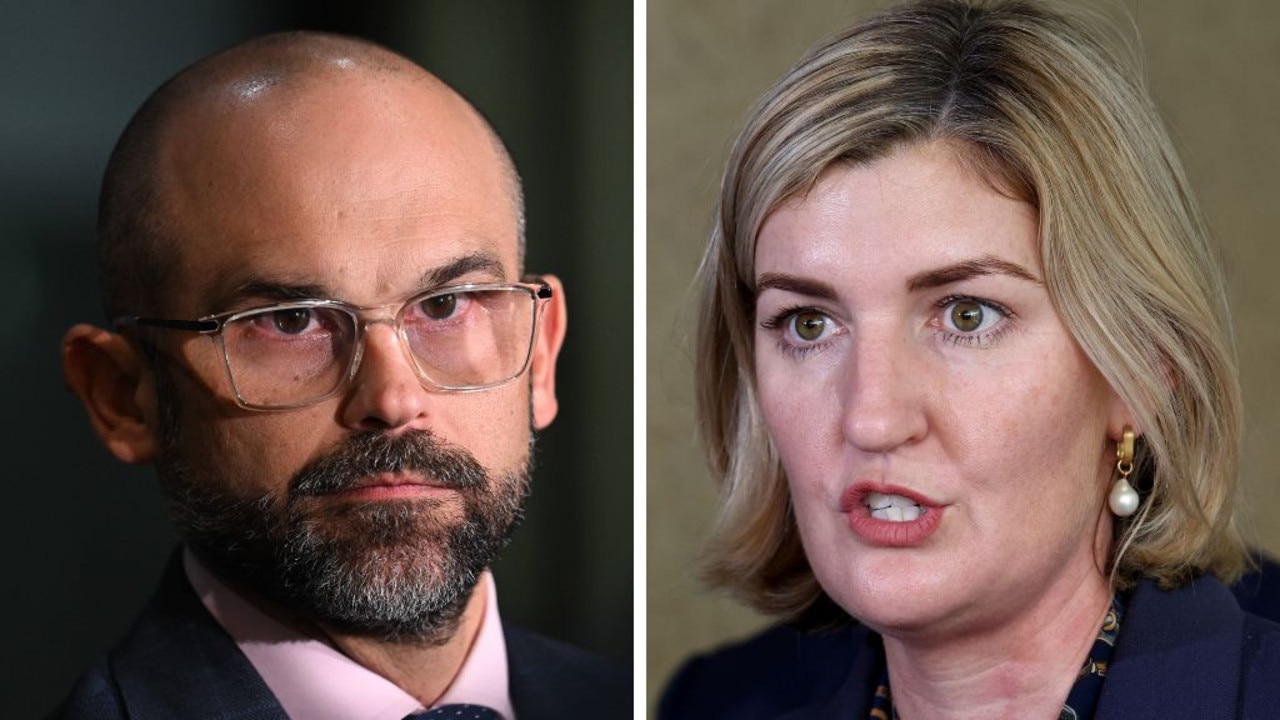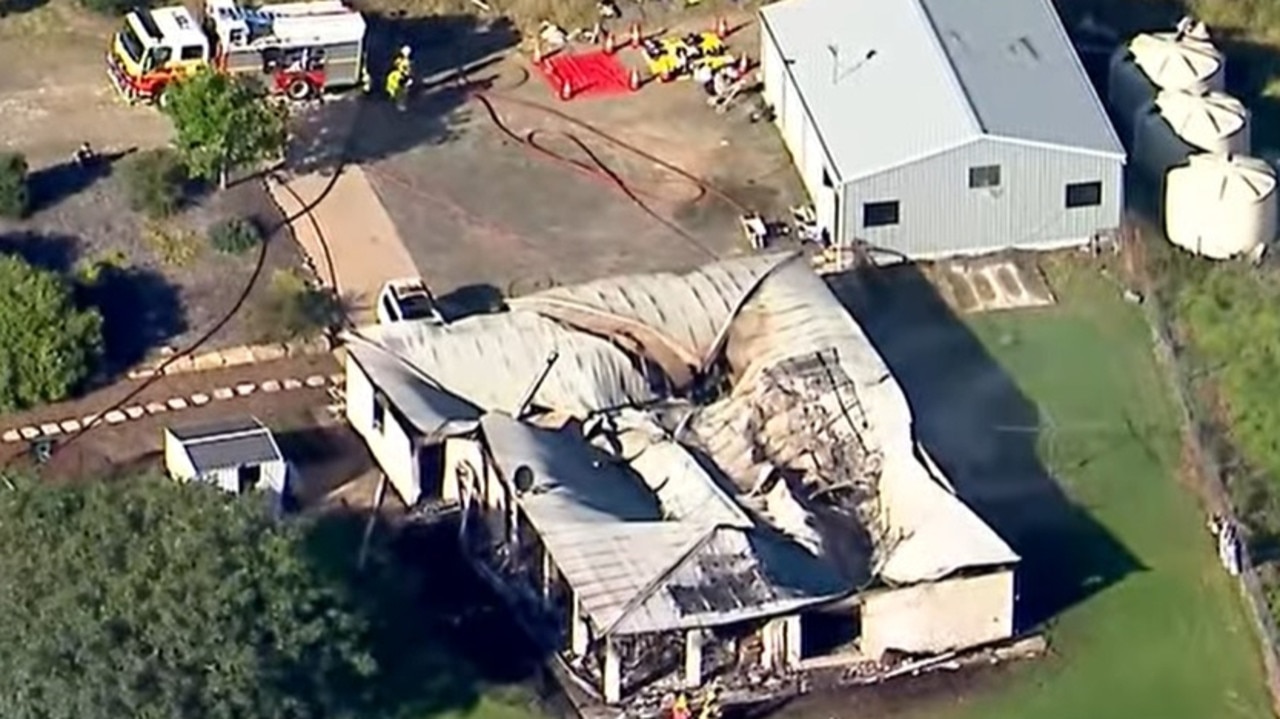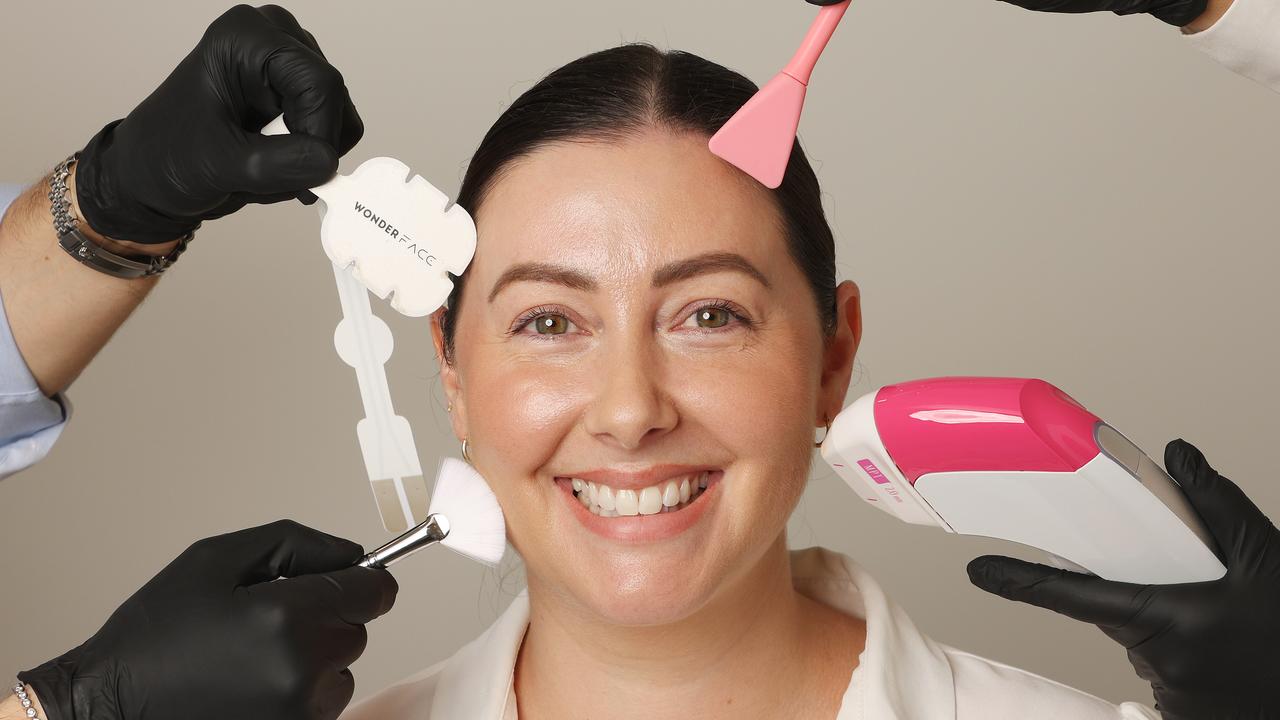Dozens of Queensland place names set to be changed by state government
Dozens of Queensland place names deemed offensive – mainly to First Nations people – are to be changed by the State Government.
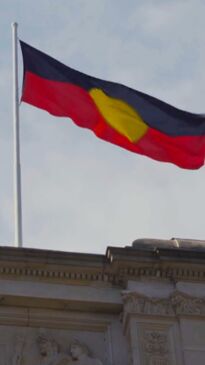
QLD News
Don't miss out on the headlines from QLD News. Followed categories will be added to My News.
More than 40 Queensland place names deemed offensive – mainly to First Nations people – were flagged to be changed by the State Government.
The names include 16 Black Gin Creeks across the state, as well as 14 other creeks containing the word “Gin” – a highly racist term for an Aboriginal woman.
The Place Names Act of 1994 was amended in April to make it easier to change the names of places in Queensland considered racist or offensive.
Changes included reducing minimum public consultation from two months to one month and removing the need to publicise a proposed place name change if the existing name is considered “distressing” to a community or are “derogatory, racist or sexist”.
A Department of Resources spokesman said an audit of Queensland’s place names had identified 43 creeks, hills and other geographic features “that include the clearest examples of offensive names”.
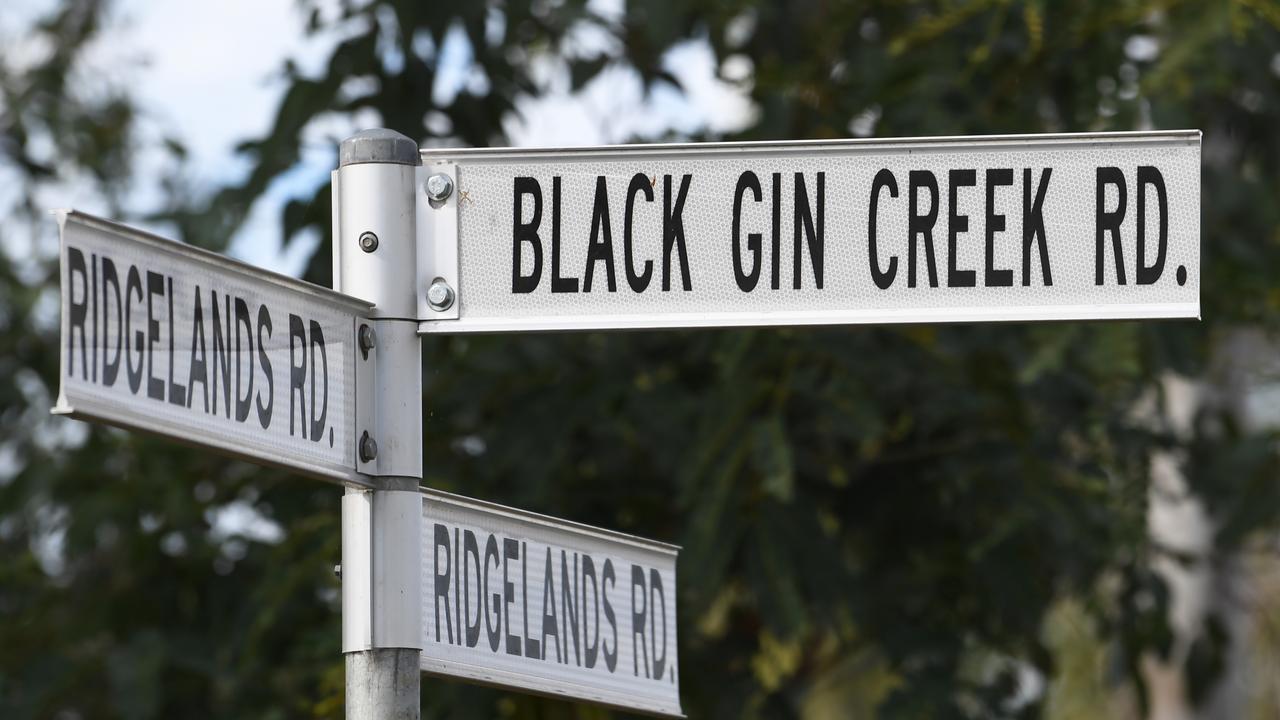
“It is proposed those names will be removed without the need for broad public consultation, however the process for removing these names will still involve seeking the views of local governments and other stakeholders including First Nations people to understand the impact of the change,” he said.
Other place names to be changed in Queensland include Jap Creek in the Hinchinbrook Shire and Wog Creek in the Mareeba Shire.
In recent years, six contentious place names have changed at the suggestion of local traditional owners: Baga (formerly Jim Crow Mountain) and Gai-i (formerly Mount Wheeler), both in 2018, Dundula Creek (formerly Black Gin Creek) in 2020, Watyakan Creek, Bana Gindarja Creek, and K’gari (formerly Fraser Island) in 2023.
In 2017, 10 places in North Queensland had their names removed Niggers Bounce near Charters Towers, Mount Nigger west of Cardwell, Nigger Head near the tip of Cape York, as well as seven waterways named Nigger Creek.
It came about 10 years after Indigenous activist Stephen Hagan led a campaign to remove the name of the E.S Nigger Brown stand from the Toowomba Sports Ground. The stand was named after white Queensland and Australian rugby league representative Edwin Stanley Brown, who was nicknamed “Nigger”.
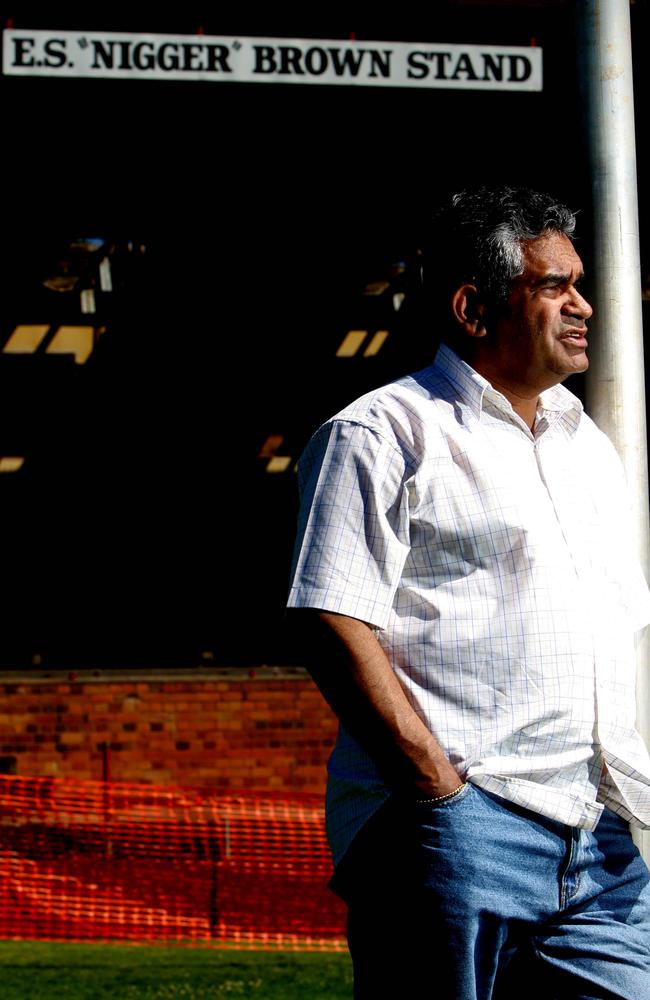
A host of other southeast Queensland cities, towns and landmarks have also been the subject of calls to revert to traditional First Nations names.
Brisbane is unofficially recognised as Meanjin, a title derived from the Yuggera language of the Turrbal and Jagera people, while there was also a push for the city to be renamed Miguntyun – the Yugarabul word for the tip of a spearhead or spike.
Supporters claimed traditional inhabitants used the name Miguntyun because sharp turns and bends in the Brisbane River created peninsulas which jutted out like spears into the water.
On the Gold Coast, world-famous Burleigh Heads was the subject of a push to be renamed Jellurgal ahead of the 2018 Commonwealth Games, but officially at least, there has been no formal move to adopt the name – which means “little bee’s nest” in the language of the Yugambeh people.
An Aboriginal cultural centre in the shadows of Burleigh’s iconic headland is known as the Jellurgal Centre.
Mount Stapylton near Beenleigh is traditionally known as Bookinburra by the Yugambeh people and elders lobbied civic leaders but no formal name change eventuated.
A new wing at Beenleigh State High School which opened five years ago was named the Bookinburra building.
South of the border, debate has long raged about whether Mount Warning, named by Captain Cook during his 1770 voyage around Australia, should be called Wollumbin, the name preferred by many Indigenous people and local residents.
Originally published as Dozens of Queensland place names set to be changed by state government



